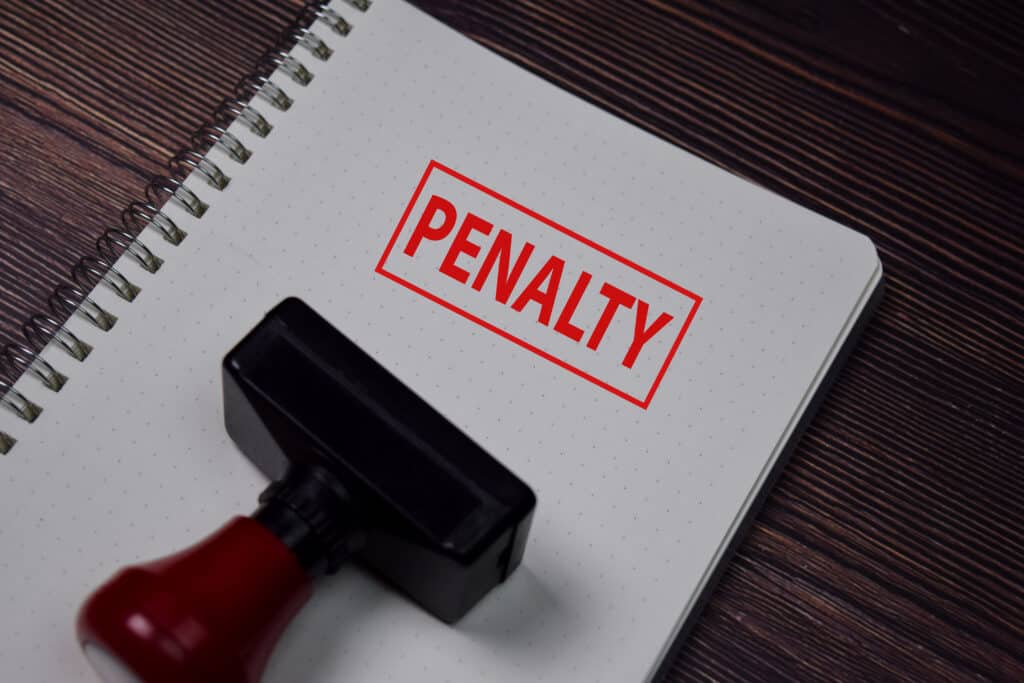Treasury Laws Amendment (More Competition, Better Prices) Bill 2022
The Treasury Laws Amendment (More Competition, Better Prices) Bill 2022 passed both houses on 27 October 2022, and received royal assent on 9 November 2022.
As a result, from 10 November 2022, the maximum penalty that a Court may impose for certain offences in breach of the Australian Consumer Law in relation to false or misleading representations about goods or services has increased.
The new penalties
A body corporate is now punishable on conviction by a fine of not more than the greater of the following:
- $50,000,000 (up from $10,000,000);
- if the court can determine the value of the benefit that the body corporate, and any body corporate related to the body corporate, have obtained directly or indirectly and that is reasonably attributable to the commission of the offence—3 times the value of that benefit;
- if the court cannot determine the value of that benefit—30% of the body corporate’s adjusted turnover during the breach turnover period for the offence (up from 10% of the annual turnover of the body corporate during the 12-month period ending at the end of the month in which the body corporate committed, or began committing, the offence).
An offence by a person other than a body corporate is punishable on conviction by a fine of not more than $2,500,000 (up from $500,000).
Increased risk
With five times the penalties at play, your risk profile has just significantly changed when it comes to breaches of the Australian Consumer Law in relation to false or misleading representations about goods or services.
An influencer marketing campaign could result in a breach of the relevant sections of the Australian Consumer Law in a number of ways, including, for example, where:
- a false or misleading representation is made that goods are of a particular standard, quality, value, grade, composition, style or model;
- a false or misleading representation is made that a particular person (such as an influencer) has agreed to acquire goods or services;
- a false or misleading representation is made that purports to be a testimonial by any person (such as an influencer) relating to goods or services;
- a false or misleading representation is made concerning a testimonial or a representation that purports to be such a testimonial (such as statements made by influencers) relating to goods or services;
- a false or misleading representation is made that goods or services have sponsorship;
- a false or misleading representation is made that the person making the representation has a sponsorship, approval or affiliation;
- a false or misleading representation is made with respect to the price of goods or services; or
- a false or misleading representation is made concerning the need for any goods or services.
How to minimise your risk
If you have been putting off obtaining advice about your influencer marketing campaigns, now is the time to take action and obtain that advice.
You should seek advice about putting robust influencer agreements in place, advertising disclosure obligations, as well as advice in relation to any industry specific obligations or limitations which might apply to your campaigns.
For more information about meeting your legal requirements for your influencer marketing campaigns, contact us.
Information contained within this blog post is intended to be general information only and is not in any way intended to constitute legal advice. You should not act or rely on any information found in this blog post without obtaining prior advice specific to your circumstances.




